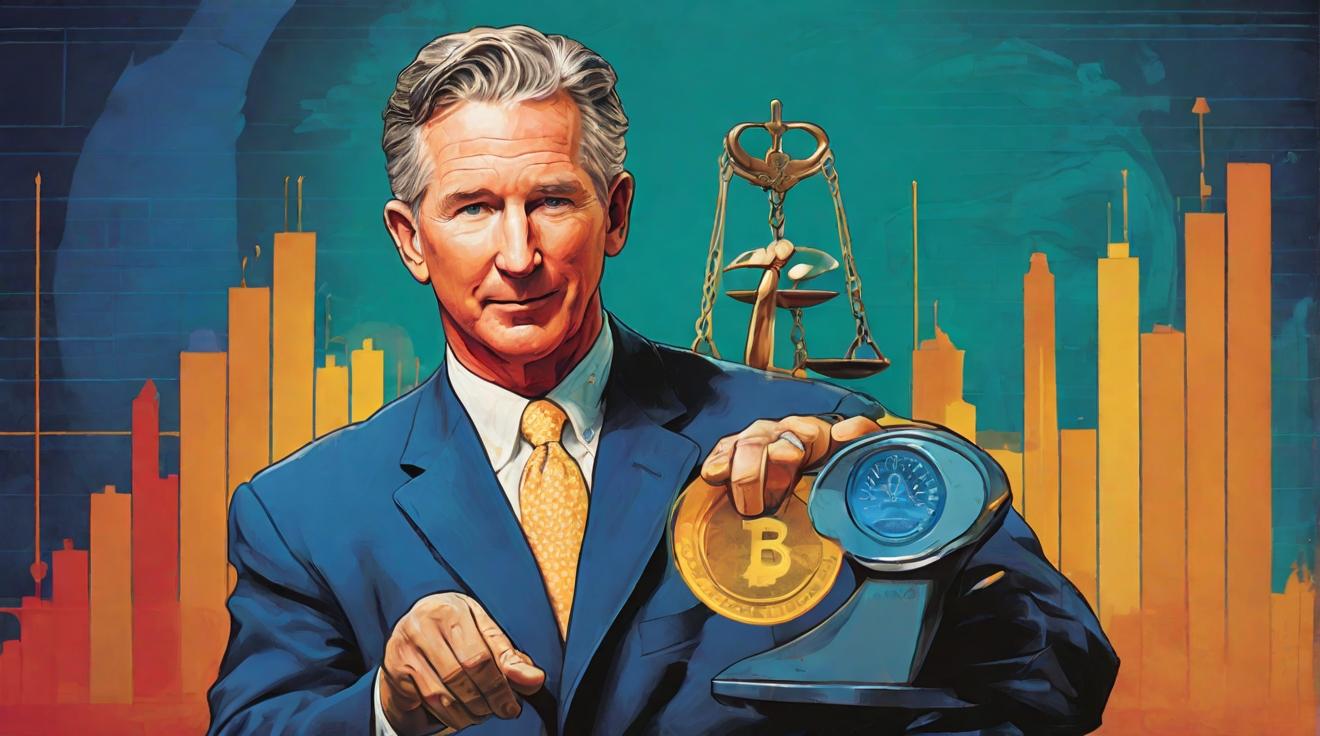U.S. Senator Tommy Tuberville Trades Bristol-Myers Squibb Stock Amid Congressional Activity
In a recent financial maneuver, U.S. Senator Tommy Tuberville disclosed a significant stock transaction, selling shares of Bristol-Myers Squibb Company (NYSE:BMY) amounting to between $1,001 and $15,000. This move came on January 3rd, following a purchase in October, indicating active trading behavior by the senator. Tuberville's transaction is part of a broader pattern of congressional trading involving BMY stock, raising questions about the financial activities of elected officials.
Congressional Trading Spotlighted
Over the last six months, there has been a notable uptick in congressional stock trading, with BMY shares being bought and sold on multiple occasions by members of Congress. Specifically, there have been six recorded trades of BMY stock, featuring a mix of both purchases and sales, with four being sales. This activity underscores the financial engagement of congressional members in the stock market, an area often scrutinized for potential conflicts of interest.
Senator Tuberville's trading activities include two transactions; an initial purchase valued at up to $15,000 on October 17th, followed by a sale for a similar amount on January 3rd. Meanwhile, Representative Greg Stanton mirrored this activity pattern with two trades involving BMY stock, indicating a shared interest or strategy among congressional members regarding Bristol-Myers Squibb.
Bristol-Myers Squibb: A Congressional Interest
Bristol-Myers Squibb, a renowned biopharmaceutical company, has found itself at the center of congressional trading discussions. The company, known for its significant contributions to medicine and healthcare, has also been active in lobbying, with disclosures showing $8,880,000 spent over the last year. Such figures highlight the intricate relationship between business interests and policymaking, a topic of increasing public interest and debate.
The Implications of Congressional Trading
The active trading of Bristol-Myers Squibb stock by members of Congress like Senator Tuberville and Representative Stanton sheds light on the intersection of politics and finance. With transparency and ethics in focus, these trades prompt a closer examination of how elected officials manage their financial portfolios and the potential implications for public trust and legislative integrity.
As the financial and political landscapes continue to evolve, the activities of public officials in the stock market remain a key area of interest. Observers and analysts will be watching closely to see how these patterns of trading influence both policy decisions and public perceptions in the days ahead.
Analyst comment
Positive news – Senator Tuberville’s stock transaction brings attention to the issue of congressional trading and raises questions about potential conflicts of interest. This scrutiny may lead to increased transparency and ethics in how elected officials manage their financial portfolios. Market impact: It could result in stricter regulations on congressional trading, potentially affecting the stock market.













